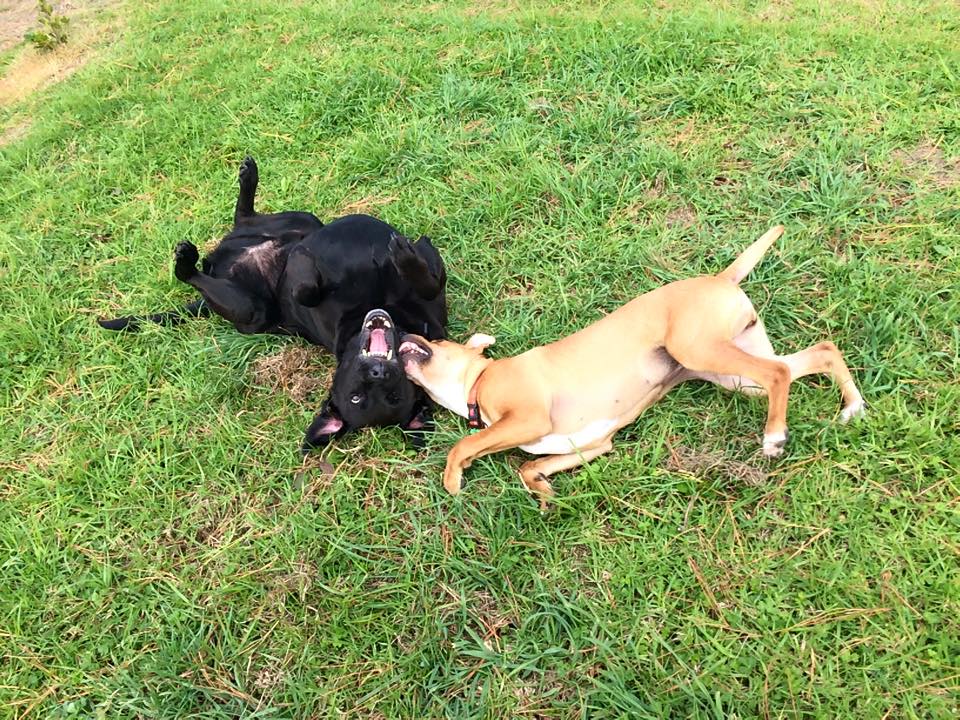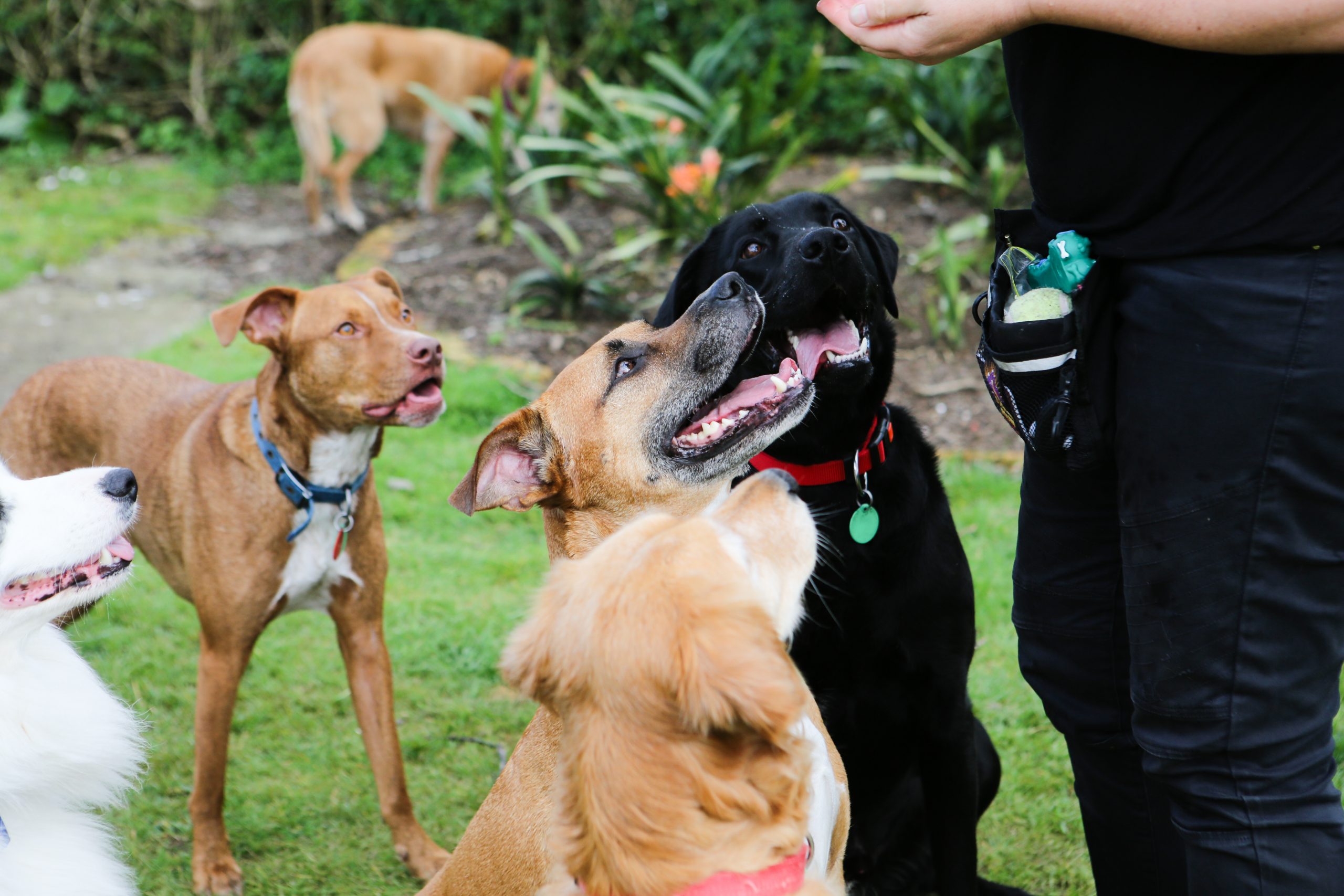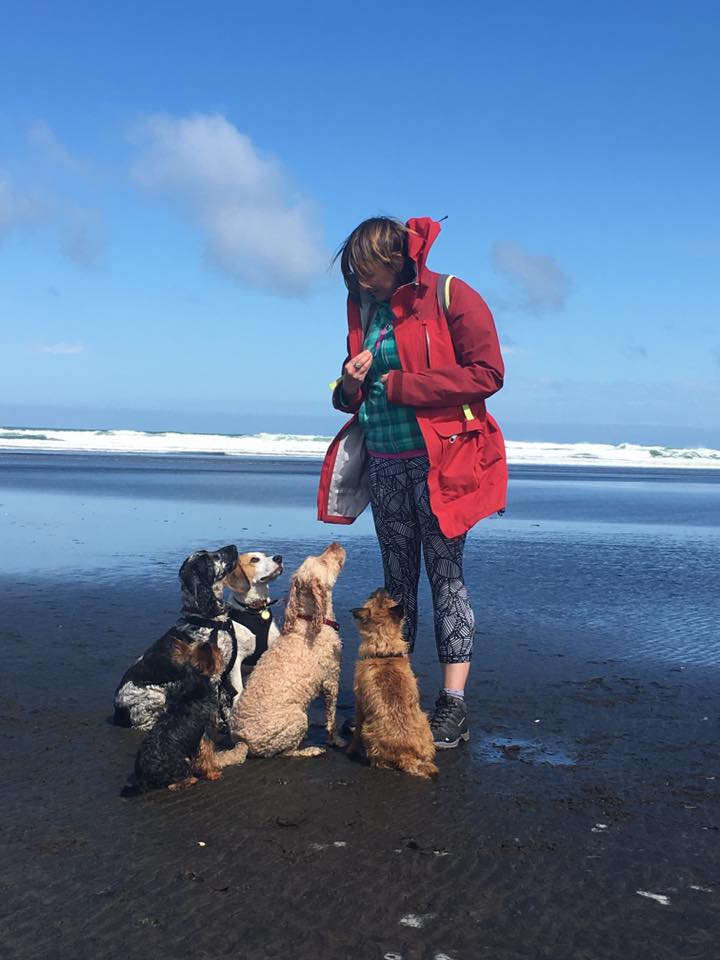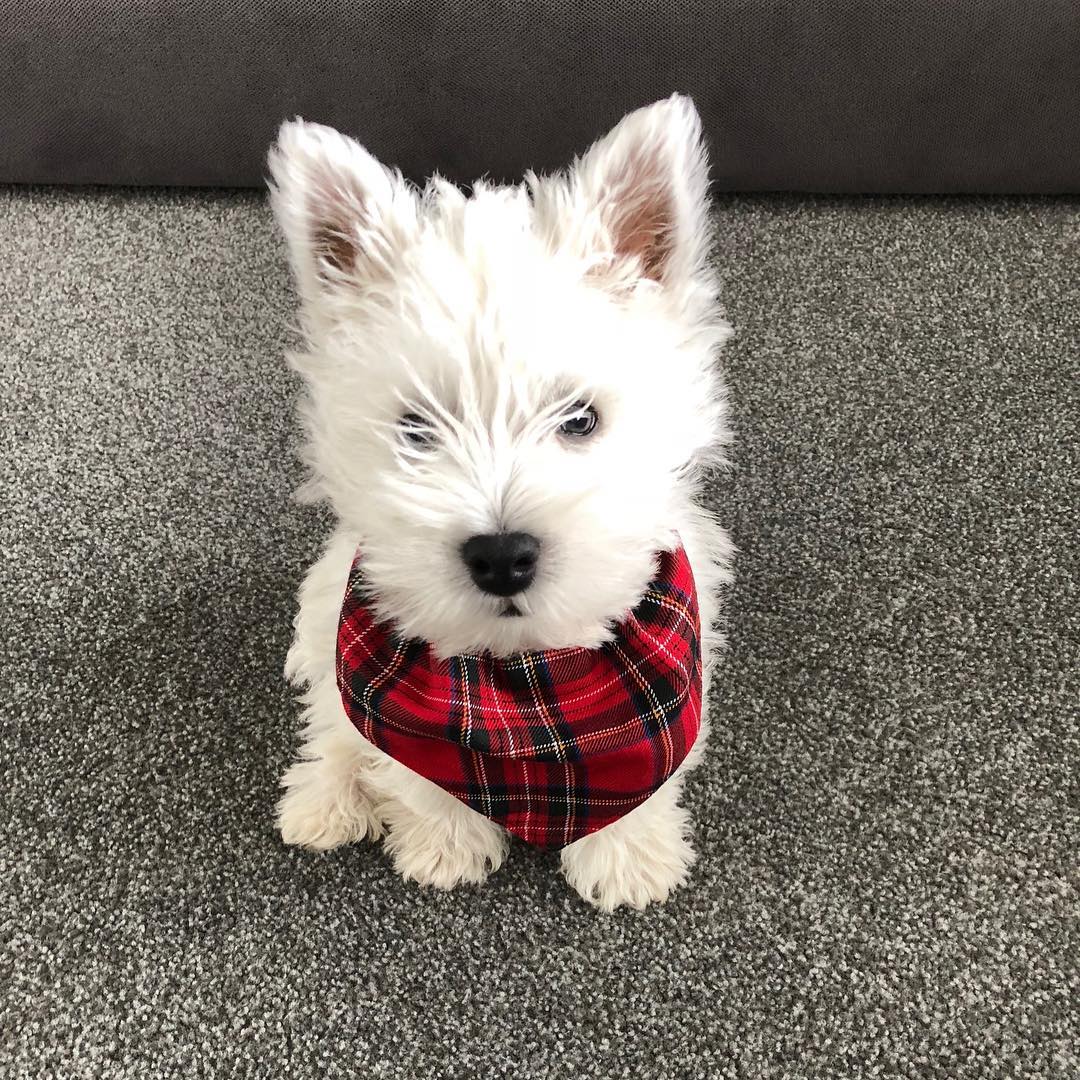
Puppy Power – The DOGspeak Series
As seen in Petlife Magazine Issue 3 – Winter 2017.
Available at all good pet stores, vet clinics and animal facilities.
There’s nothing cuter than a new puppy – but as much fun and joy they bring into your world they also bring new challenges. By giving your puppy the best head-start in life you’re setting your whole family up to enjoy a fun, loving, calm and mutually trusting relationship together.
Setting up for success
It is recommended that puppies stay with their mothers and siblings until they are 8 weeks old. During this period they learn important foundations of behaviour from their mother and littermates.
Socialisation: making friends and influencing people
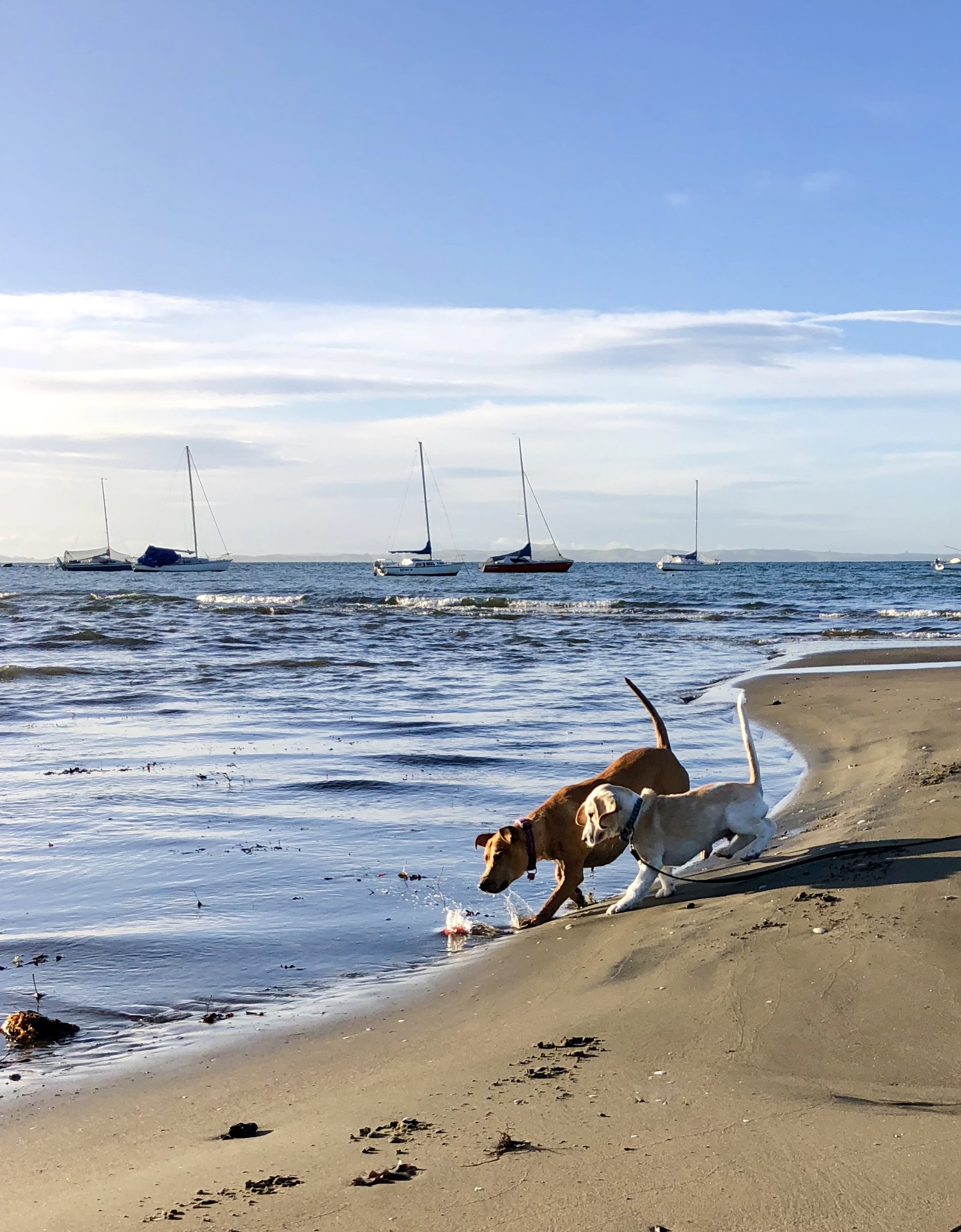
Once they leave their canine family home, socialisation is THE most important part of owning a dog, either as a puppy or as an older dog. Right from birth puppies begin to start learning. They can hear, smell and feel therefore socialisation has already started long before we come along.
When do I need to socialise my puppy and how?
As soon as you get your new puppy it’s a good idea to start exposing them using positive association to the sights sounds and smells of the world. This means people of all different shapes and sizes, ethnicities, animals, bikes, weather, cars, trucks, buses, noises, location’s and walking surfaces, anything they could potentially come across in life.
How long do I socialise my puppy for?
Socialisation is not a process that happens once or twice and then is no longer needed, its ongoing throughout the entirety of a dog’s life. The more you do with your dog in safe, rewarding places, the more stable and secure they will become as they grow.
The early period up to 16 weeks is one of the most important periods but if you stop there, there is potential for the dog to go backwards, so keep going and show your dog the world isn’t a scary place. You will be well rewarded as they mature into adulthood.
But my puppy isn’t fully vaccinated?
It’s safest not to let your pup meet other unvaccinated dogs until fully vaccinated themselves however, you can still socialise your dog to everything else! Take your dog out, carrying them until vaccinated but get out and about, go for car rides, walk around (non dog) parks, organise puppy playdates with other puppies through reputable canine vet, training or behavioural professionals.
Crate training: a home away from home
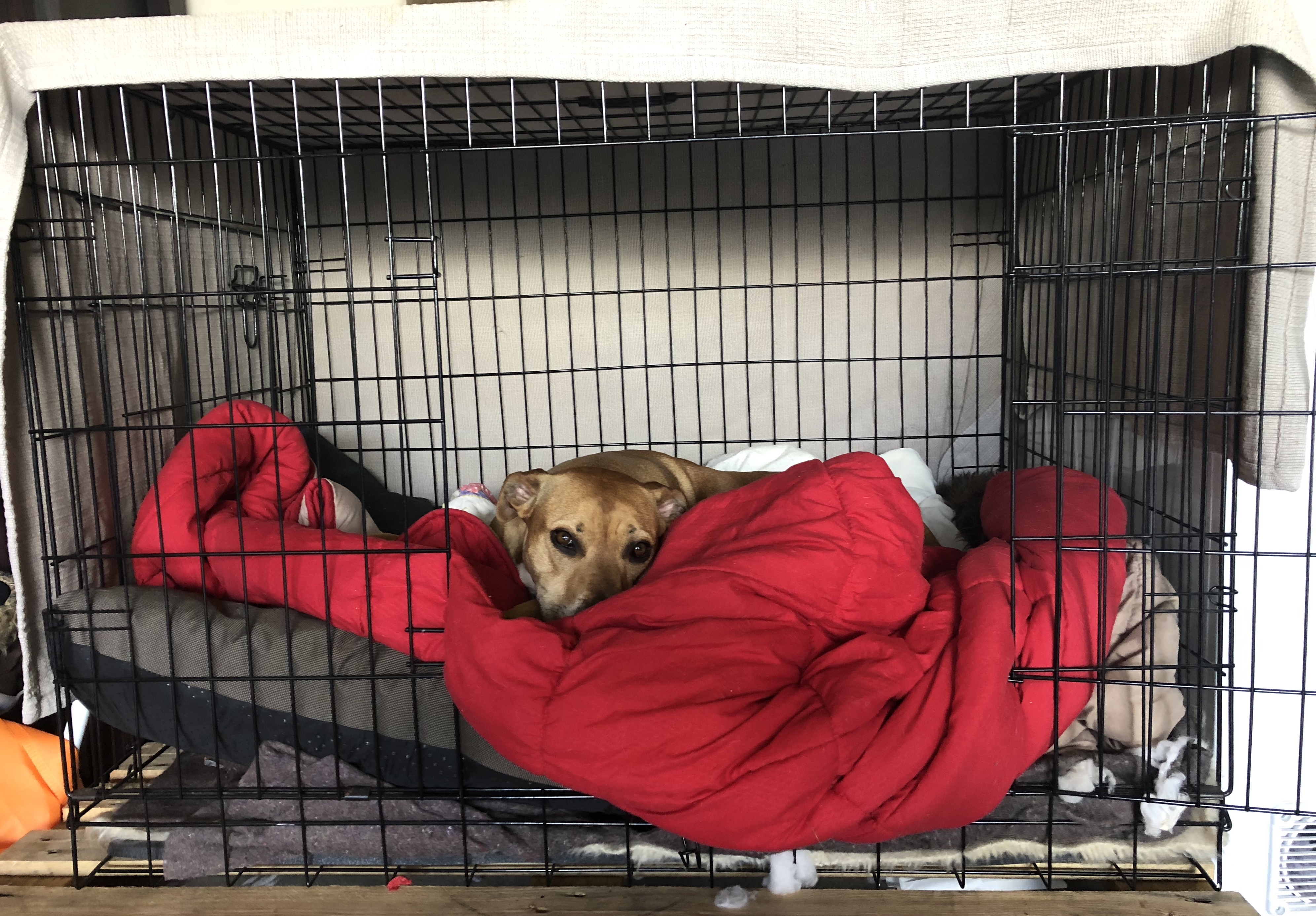 Crate training is a valuable training tool for their future wellness. It can help your dog feel secure no matter where they are. Not only can a crate aid toilet training but throughout the duration of your dog’s life there may come times when they need to stay at a vet, a boarding kennel or perhaps even travel overseas with you. Training your puppy to become happy in a crate whilst young can make these life situations free from stress and worry.
Crate training is a valuable training tool for their future wellness. It can help your dog feel secure no matter where they are. Not only can a crate aid toilet training but throughout the duration of your dog’s life there may come times when they need to stay at a vet, a boarding kennel or perhaps even travel overseas with you. Training your puppy to become happy in a crate whilst young can make these life situations free from stress and worry.
Use positive association with comfort, warmth, mealtime and rewards to set your puppy up with a positive state of mind around crate’s for life.
Teething and destruction: the seek and destroy period

Just like us, puppies have baby teeth that get replaced with adult teeth. This generally occurs between four and nine months. During this time it can be painful and cause them a lot of discomfort. Puppies try to alleviate this by chewing and what can chewing lead to … destruction!!
Nothing is safe, anything that can be chewed will be chewed…they don’t discriminate! Ensure you provide your puppy with appropriate chewing toys and soothers to help this process.
Teach your puppy what is ok to chew and what isn’t.
If they are chewing something inappropriate, divert them to a toy they can chew. There are many low cost ideas where you can make ‘teethers’ for your puppy without breaking the bank. Use knotted tea towels soaked in water and then frozen to help soothe their wee jaws as their adult teeth come in.
Toilet training: who left the seat up?!
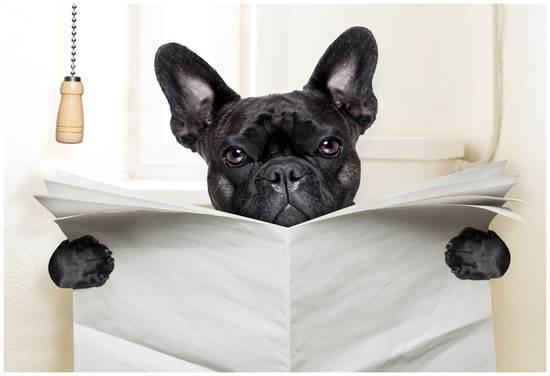
Puppies don’t instinctively know where to go to the toilet. We need to teach them. To guide your puppy towards the big ‘outside toilet’ take them outside five to ten minutes after they have eaten, played, woken up, had a drink, any change in behaviour or environmental stimulus. Encourage your dog to toilet by using a word and when they go, verbally praise and give them a treat. Ensure they have access to outside if you are not able to watch them.
Set them up for success by putting the time into this and never clean your carpets again!
As important as it is to reward them for going outside, it is also as important NOT to reprimand them if they do have an inside accident. This will only teach them to make sure you are not around when they feel the urge and they will take to hiding when needing to toilet, disrupting the whole toilet training process. Be an aware and savvy toilet training parent.
Puppy School: the ABC’s
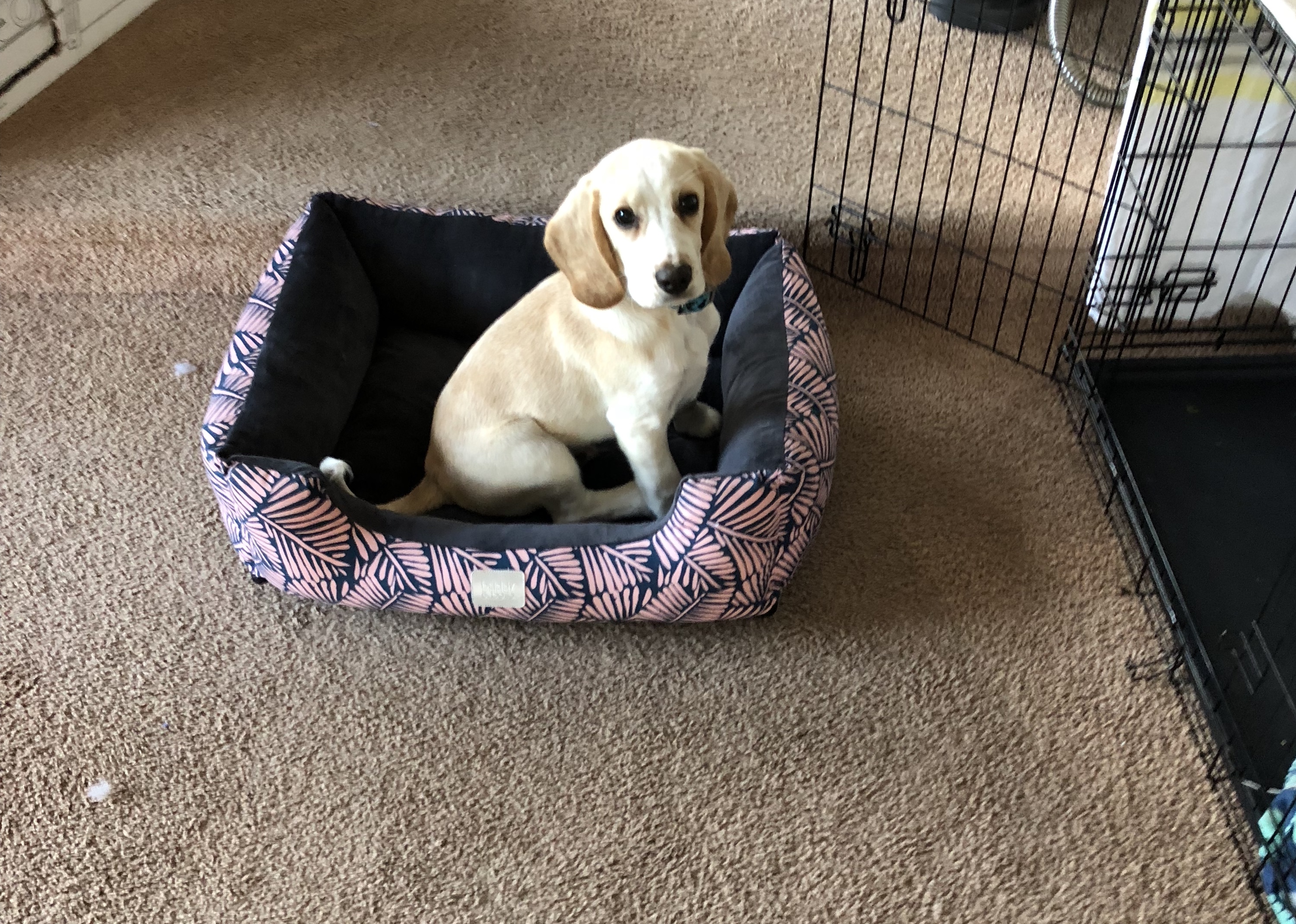
Puppy school is encouraged for all new dog owners and their puppies. It should cover all the basics of training and teach you and your dog how to work together so you can get GREAT training results together.
It is also a great way for your puppy to meet other puppies and like-minded people going through the same puppy experiences you are.
Humping and Desexing: yikes…what will the neighbors think?!
Humping is a dog behaviour that is sometimes seen as not acceptable in our society however in the dog world, humping is very normal behaviour.
Puppies and dogs hump for many reasons;
o Young dogs may hump as they come into sexual maturity
o Humping can be a way to initiate play with another dog
o Humping can also be a behavioural sign of uncertainty of what to do in a certain situation
There is lots of argument around when is the right time to desex your puppy. This is a decision to be made between you, your Vet and other professionals experienced in your dogs breed. At around 6 months of age is when most dogs move into the sexual maturation process as it is around this age that they can reproduce. Humping behaviour can start increasing as the dog gains sexual maturity. Depending on breed, most dogs reach full sexual maturity by one year of age.
So don’t be afraid of humping, show them where the toilet is, give them a safe and comfortable place to be in the home and spend time hanging out in the world together. A puppy is a new family member so as you would with children, help guide them as they move through the turns and corners of our shared world.


